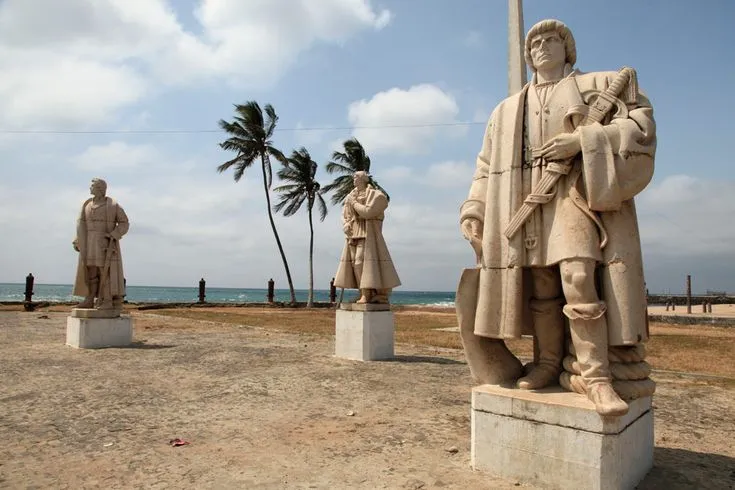São Tomé and Príncipe is set for a significant constitutional reform, with a broad consensus among political parties to revise the 2003 constitution.
Celmira Sacramento, parliament president and vice president of the ruling Action for Democratic Independence (ADI) party, anticipates unanimous approval for the changes by the end of the year.
This move is a response to evolving societal and political needs. Sacramento emphasizes the necessity of updating key constitutional provisions.

Salvador dos Ramos of Movimento Basta and Filipe Nascimento, President of the Regional Government of Príncipe, support the initiative, recognizing the need for political and institutional evolution.
Constitutional Court President Roberto Raposo stresses the urgency of this overhaul, citing a constitutional mandate for periodic reviews.
Jorge Bom Jesus, President of the Liberation Movement of São Tomé and Príncipe—Social Democratic Party (MLSTP-PSD), calls for resolving constitutional ambiguities and advocating for combined electoral processes.
Amidst government changes, Prime Minister Patrice Trovoada remains silent, focusing on an upcoming press conference.
This constitutional reform marks a pivotal moment in the nation’s development, aiming for a more agile and modern governance structure.
São Tomé and Príncipe’s constitutional reform reflects a trend towards legal adaptation to contemporary challenges.
Embodying a commitment to democratic evolution, the island nation’s efforts mirror those in larger democracies, emphasizing the importance of keeping governance structures current.
Kenya and South Africa’s transformations underscore the importance of constitutional reforms in evolving political and social landscapes.
In conclusion, the initiative in São Tomé and Príncipe to revise its constitution signals a key phase in its political journey.
In addition, embodying a commitment to democratic evolution and responsive governance.
This consensus-driven approach among political entities models peaceful, democratic change in the region, guiding small states in similar transitions.

